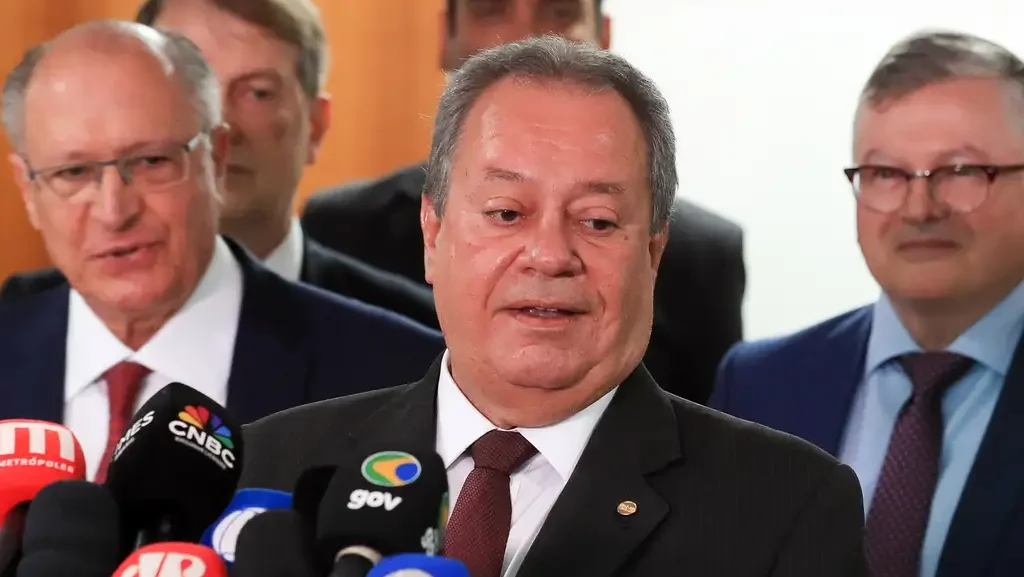The National Confederation of Industry (CNI) defended this Friday (29) prudence in the beginning of the process for the application of the economic reciprocity law against the United States. The measure was authorized by President Luiz Inacio Lula da Silva on Thursday (28) and detailed by Vice President Geraldo Alckmin on Friday. The central point of the dispute is the 50% tariff imposed by the government of Donald Trump on Brazilian products.
In an official note, CNI President Ricardo Alban stressed that Brazilian industry will continue to seek the paths of dialogue and prudence. For him, it is not yet time to actually trigger the law. Alban stressed that the priority should be the preservation of the bilateral relationship between Brazil and the United States, built over 200 years.
“We need every way to seek the firm and purposeful relationship of more than two centuries between Brazil and the United States,” said the leader. He stressed that the objective of the industry is to find a negotiation capable of reversing the imposed tariffs or, at least, expanding the number of exceptions granted to affected Brazilian products.
Next week, a business mission organized by CNI arrives in Washington. The entourage will have more than 100 business leaders and representatives of productive sector associations. The agenda foresees meetings with US authorities and entrepreneurs, as well as preparations for the public hearing scheduled for September 3, in the United States, on the investigation open in July under section 301 of the US Trade Law.
Despite the authorization to open the case by the Foreign Trade Chamber (Camex), President Lula also adopted caution. In an interview with Radio Itatiaia, on Friday, he said he was not in a hurry to apply the law against the United States. “I am not in a hurry to do anything with reciprocity against the United States. I took the measure because I have to walk the process,” he said.
At the same time, the Brazilian government has opened consultations with the World Trade Organization (WTO) and hired a law firm in the United States to reinforce the defense of national interests. Lula reiterated that Brazil remains open to understanding. “If Americans are willing to negotiate, we will be willing to negotiate 24 hours a day. So far we have not been able to talk to anyone. So they are not willing to negotiate,” he said.
According to Itamaraty, the process provided for in the reciprocity law can last up to seven months and includes consultation and contradictory steps. The legislation, approved by Congress in April, authorizes Brazil to respond to unilateral measures from other countries, such as the tariff adopted by the United States. Finance Minister Fernando Haddad and ministers Geraldo Alckmin and Mauro Vieira (Foreign Relations) have also participated in the conduct of negotiations.
For the president of CNI, the business mission Washington seeks to contribute to the construction of a negotiated solution. “Our purpose is to open the way for a negotiation that may lead to reversal of the rate of 50% or at least increased exceptions to the tariff of Brazilian products faster,” said Ricardo Alban.

